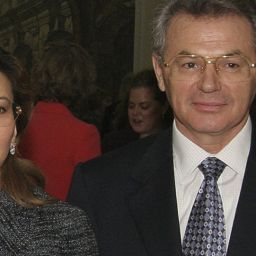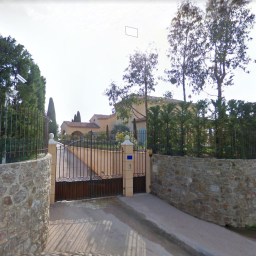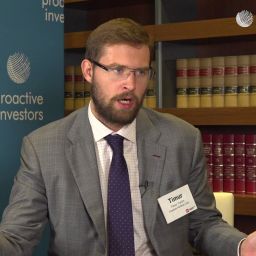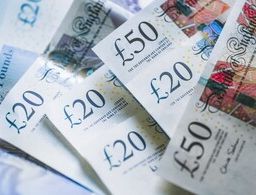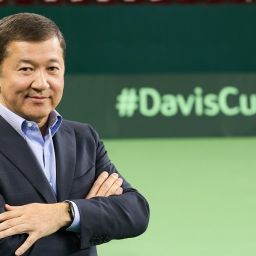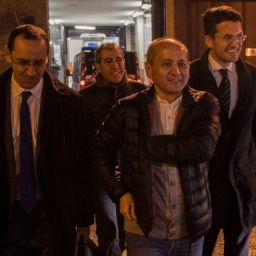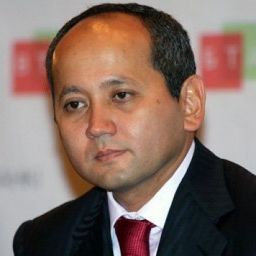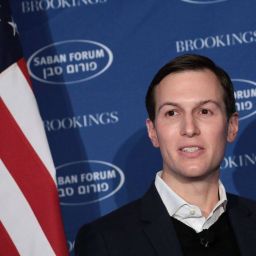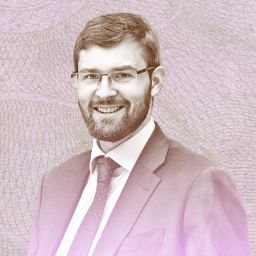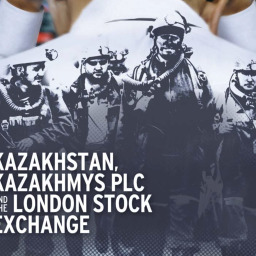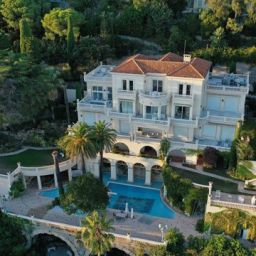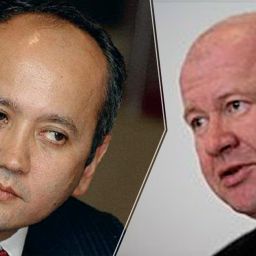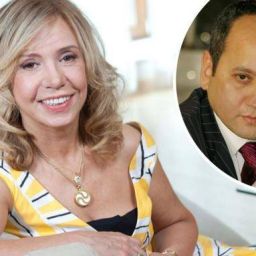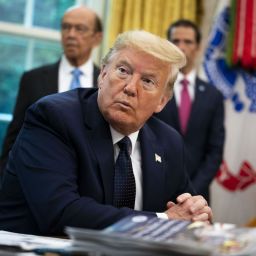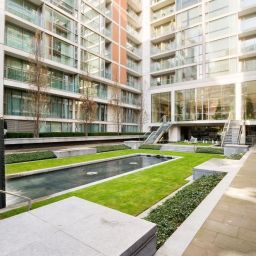Analysis: Nursultan Nazarbayev, behind-the-scenes powerbroker, thought he found a way to step aside without risking retribution

For years, Nursultan Nazarbayev has been used to performative adoration from the citizens of Kazakhstan. The country’s leader for nearly three decades, he was showered with praise and adulation at showpiece events, and his image smiled down from billboards across the country.
When he stepped down in 2019, he was able to choose his successor, Kassym-Jomart Tokayev, and kept significant power as head of the security council and general behind-the-scenes powerbroker. He retained his official title of Elbasy, or leader of the nation.
Astana, the capital city he ordered built in the heart of the Kazakh steppe, was even renamed in his honour.
To Nazarbayev, it must have seemed like he had found an answer to the problem vexing ageing autocrats across the region: how to step aside in old age without risking retribution. Vladimir Putin and others were doubtless watching with interest.
The events of the past few days might suggest that different lessons should be drawn. Statues of Nazarbayev, meant to be monuments to his legacy, have been torn down by protesters. Instead of chanting “Elbasy”, many angry Kazakh protesters are now chanting “Shal ket” – or “Old man, out!”
Discontent at poverty, inequality and corruption led to increasing unrest in the country in recent years, and much of the anger is directed at Nazarbayev himself, who for so long appeared untouchable.
Among Central Asia’s vicious and repressive autocrats, Nazarbayev always seemed the most nimble. Born in 1940, he rose through the ranks of the Communist party and became Kazakhstan’s first leader on independence.
He managed to hold the country together during the 1990s, and later to avoid the extreme repressive violence of his peers in Uzbekistan and Turkmenistan, while also avoiding the revolutionary sentiment of Kyrgyzstan. When 16 people were killed in 2011 protests, he solicited advice from Tony Blair about how best to spin the violence.
He charted a delicate geopolitical course in the years after Kazakh independence, remaining friendly towards Russia, while also courting western leaders and energy companies, who turned a blind eye to the lack of democracy and instead focused on securing lucrative contracts in the country.
Western lawyers, accountants and advisers helped the new Kazakh elite invest their fortunes in London mansions and Swiss villas. His daughter and grandson are believed to own £80m of London property. Nazarbayev also engaged a steady stream of western architects and urban planners to build his new capital city.
In 2010, Nazarbayev, perhaps with one eye on the clock, ordered scientists to investigate the creation of an “elixir” that could prolong human life. Eventually, it seems, he accepted the inevitability of the human ageing process and announced in 2019 he was stepping aside.
Last year, the director Oliver Stone made a hagiographic film portrait about Nazarbayev’s time in office, named Qazaq: History of the Golden Man, and numerous statues to the retired leader were erected across the country.
Now, his image has become a lightning rod for discontent. On Wednesday, Tokayev announced he was replacing Nazarbayev as chair of the security council, and there were rumours on Wednesday that Nazarbayev might leave the country for “medical treatment”.
It is not clear yet how the unrest in Kazakhstan will evolve, and what role Nazarbayev will play in them, but it seems certain that the events of the past few days will alter the historical legacy he had imagined he would leave.
Original source of article: https://www.theguardian.com/
